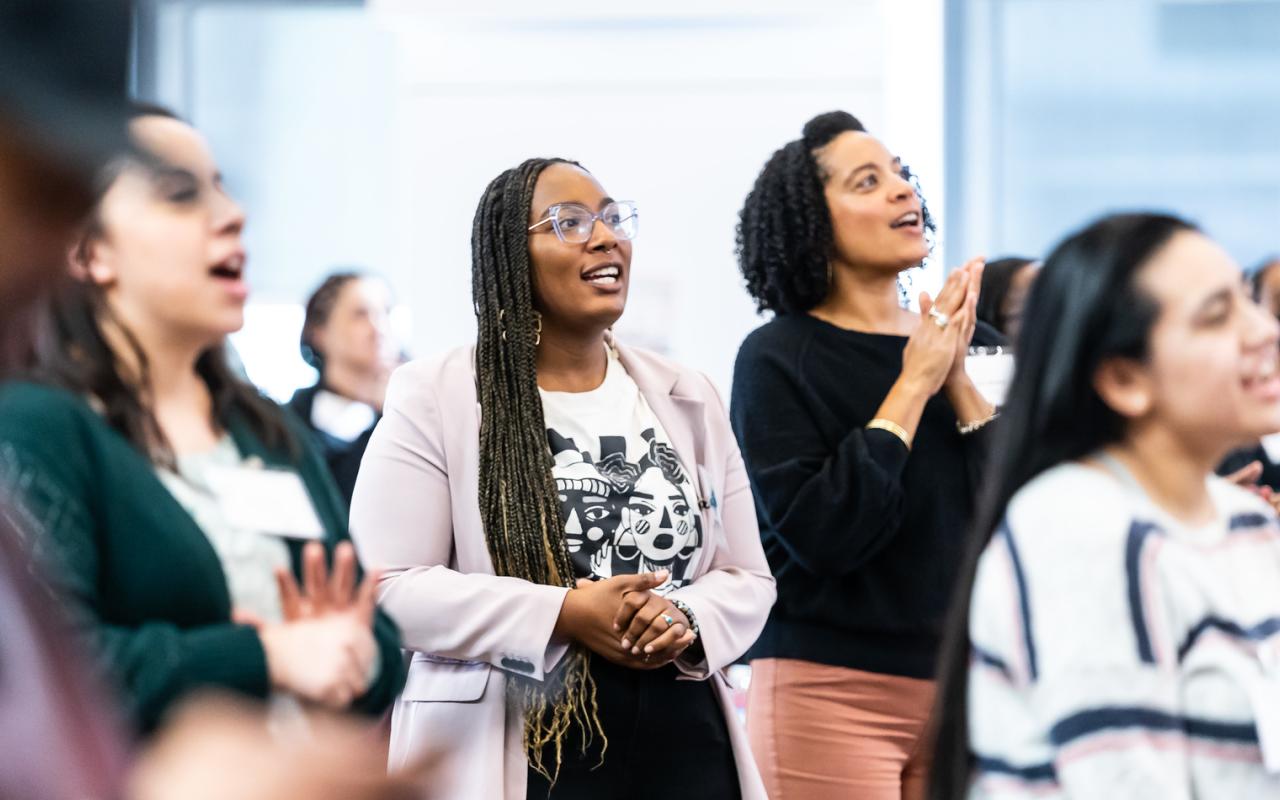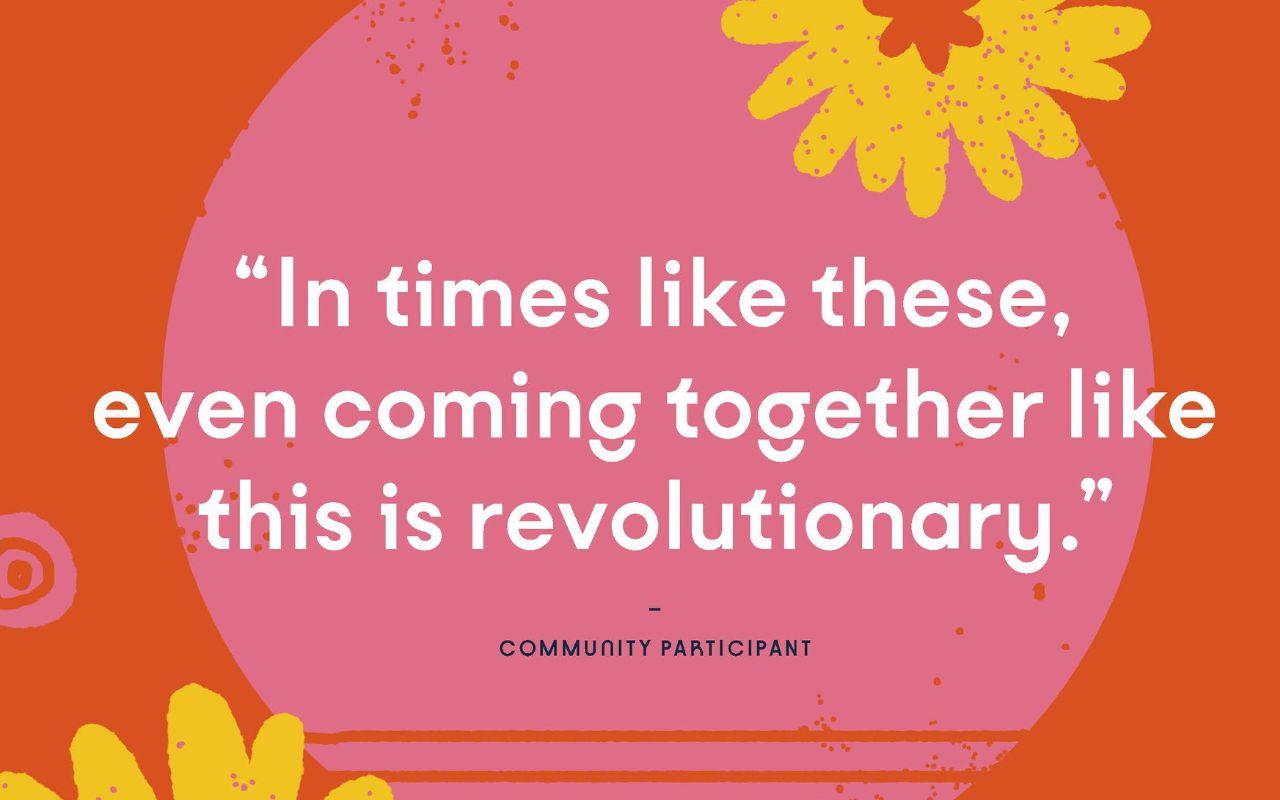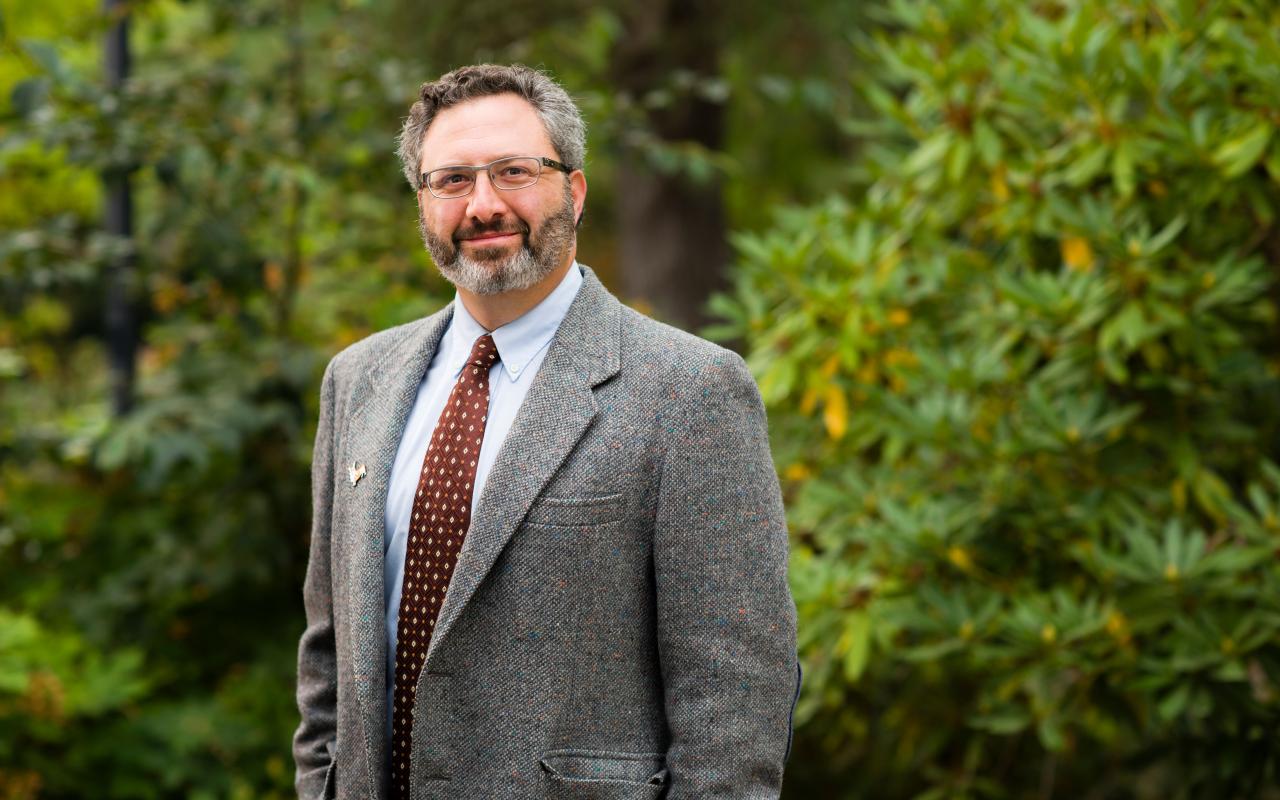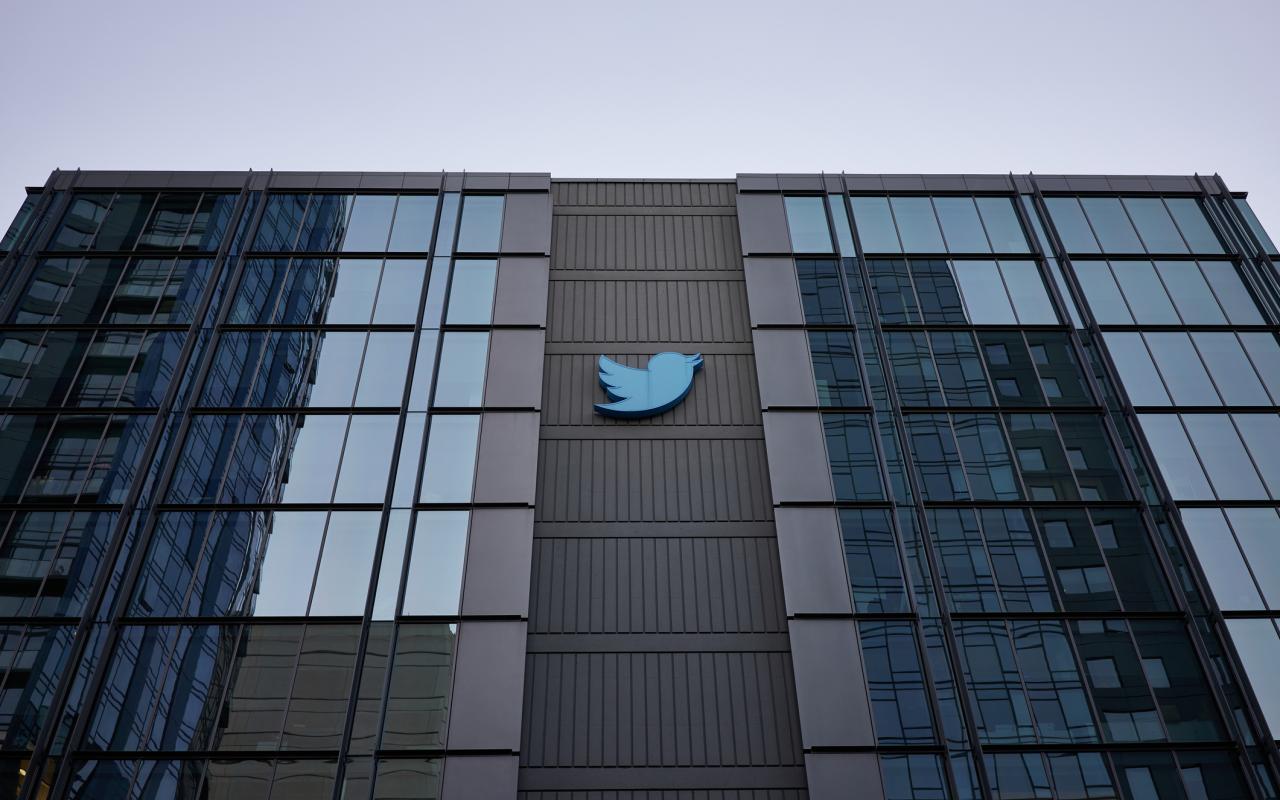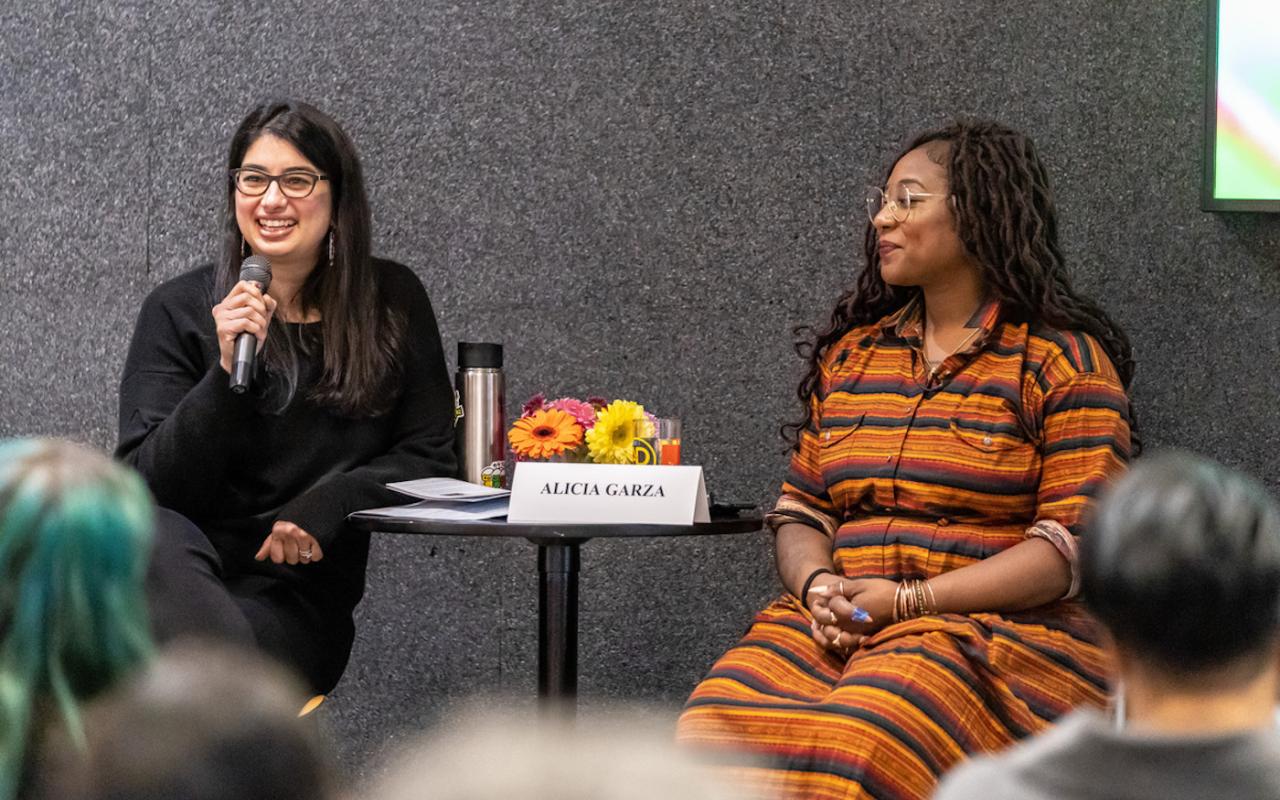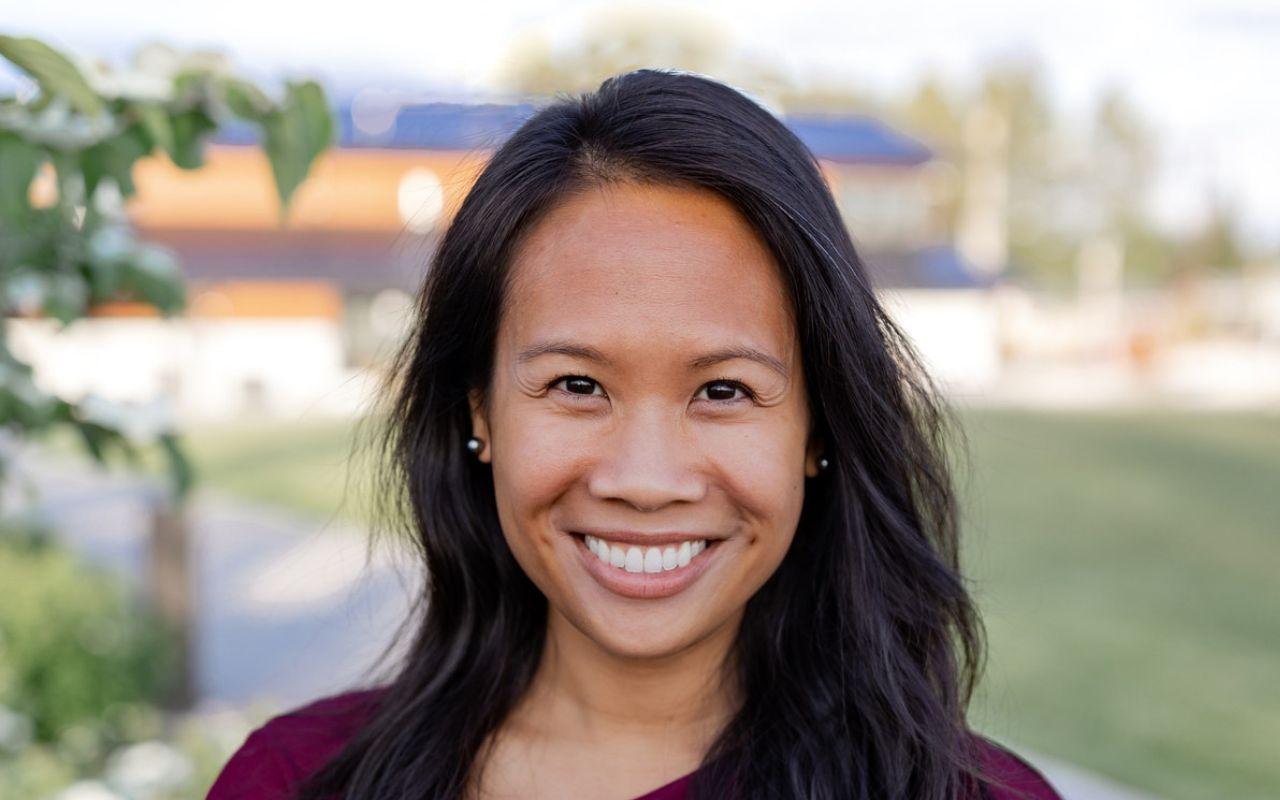Celebrating Oregon's Legislative Wins
It’s been a couple of months since the 2023 Legislative Session wrapped up. Despite the session’s bumpy trajectory caused in large part by the longest lawmaker walkout in Oregon’s history, we found lots to celebrate in the slate of new laws passed to address Oregon’s most pressing challenges.
Portfolio Director Jill Fuglister shares how the new legislation aligns with Meyer’s own understanding of how investments in our community, environment and the economy can work in concert to advance change. You can also review direct links to legislative summaries produced by our partners at the end of this post.
From your point of view, are there any themes to highlight that were of particular interest to you this session or that align particularly well with Meyer’s mission focus or future direction?
I think the bills that offer what we call cross-cutting impact - meaning they solve multiple challenges at once and/or deliver numerous co-benefits across issues is a pretty prominent theme. At Meyer we’ve been talking and thinking a lot about the interrelationships of the problems we aim to solve, so to see legislation that reflects and can work to address that complexity is really exciting.
Can you share an example?
Of course! There’s a set of climate and clean energy bills that passed that we refer to as the climate resilience package. Collectively, it puts $90 million towards increasing the use of things like heat pumps, solar panels, clean energy storage, electric trucks and buses - with an emphasis on reaching communities with the greatest needs. Also the creation of community resilience hubs which will make energy efficiency and clean energy more affordable, and support the build-out of microgrids and sequestering carbon in forests and farms.
The package offers the opportunity to support climate resilient landscapes and reduce greenhouse gas emissions, but they also help to generate wealth building opportunities through investment in new businesses, entrepreneurship and workforce development to support decarbonizing our economy and infrastructure.
It also puts Oregon in a position to tap into the trillions of new federal investments available from the Bipartisan Infrastructure Law and the Inflation Reduction Act, both of which are underpinned by a commitment to racial equity.
A lot of the challenges that are being addressed through legislation are obviously issue areas that Meyer has also been directing funding to. Can you share more about the relationship between this latest legislation and Meyer’s grantmaking?
One of the aspirations for Meyer’s future grantmaking is to de-silo our programs and work more collaboratively with other funders and across sectors to achieve cross-cutting impact. We believe this approach is central to building more holistic solutions that can consistently advance justice goals, while also supporting what’s needed to be in right relationship with nature. So in that sense, it’s heartening to see that lawmakers also recognize that taking an integrated approach to complex challenges is a smart strategy.
Can you explain what you mean by “right relationship with nature” and why that’s important?
Well, I think it starts with recognizing that we’ve been socialized and schooled over many generations to break things down and split problems, ideas and solutions into discrete pieces to understand the world around us. Yet this separation of different communities and people from nature as well as ignoring the relationships between the two, is a root cause of oppression, racism and extractive capitalism and the far-reaching, multi-generational harm they have caused.
To achieve systems change and overcome the shortcomings of focusing on problems in isolated ways, we must build an intelligence that centers interdependence and networks of relationships between issues, communities and ecosystems. Without this necessary shift, our progress toward a just and flourishing future for all will continue to be incremental and incomplete.
Any cautionary tales from that more isolated approach that you’d want to highlight?
I think what’s unfolding in the Housing Production Advisory Council is a timely example. The council is responsible for developing a plan to address Oregon’s critical housing shortage which is, of course, a laudable goal that I support, but there are also some concerning recommendations that are emerging, especially those that propose to set aside environmental protections in an effort to more quickly build new housing.
If these ideas move forward, it could mean building new housing in wetlands and floodplains, areas that will experience more frequent and severe floods as a result of climate change. It could also mean setting aside tree planting requirements, a vitally needed source of shade and cooling in our rapidly warming climate as well as a cornerstone of urban wildlife habitat. I’m worried that those who will be most harmed by this are the same folks who are already vulnerable in the face of the climate crisis and Oregon’s affordable housing crisis; communities of color, tribes and other historically marginalized communities. So I hope to see the Council course correct soon to avoid these unintended consequences.
Thank you, Jill! Any final thoughts?
I’m thinking about what happens after legislation is passed, the implementation of the policy successes of our partners. We know that they often struggle to find the resources they need to stay engaged over the long haul to ensure their hard fought wins get implemented well. This gritty work of slogging through creating new regulations, rules and responsibilities is where the rubber meets the road on policy and needs the same kind of vigilance to bring good ideas to fruition in communities. It’s yet another example of what it means to think about the whole picture, interdependence and relationships, and work in a way that reflects this.
Legislative Summaries from our Partners
Basic Rights Oregon + news article
Coalition of Communities of Color
Foundations for a Better Oregon
Oregon Center for Public Policy
Have another summary you’d like us to add? Please share it via email to: communications [at] mmt.org (communications[at]mmt[dot]org).

State Capitol Building, Salem, Oregon. Stock image.

